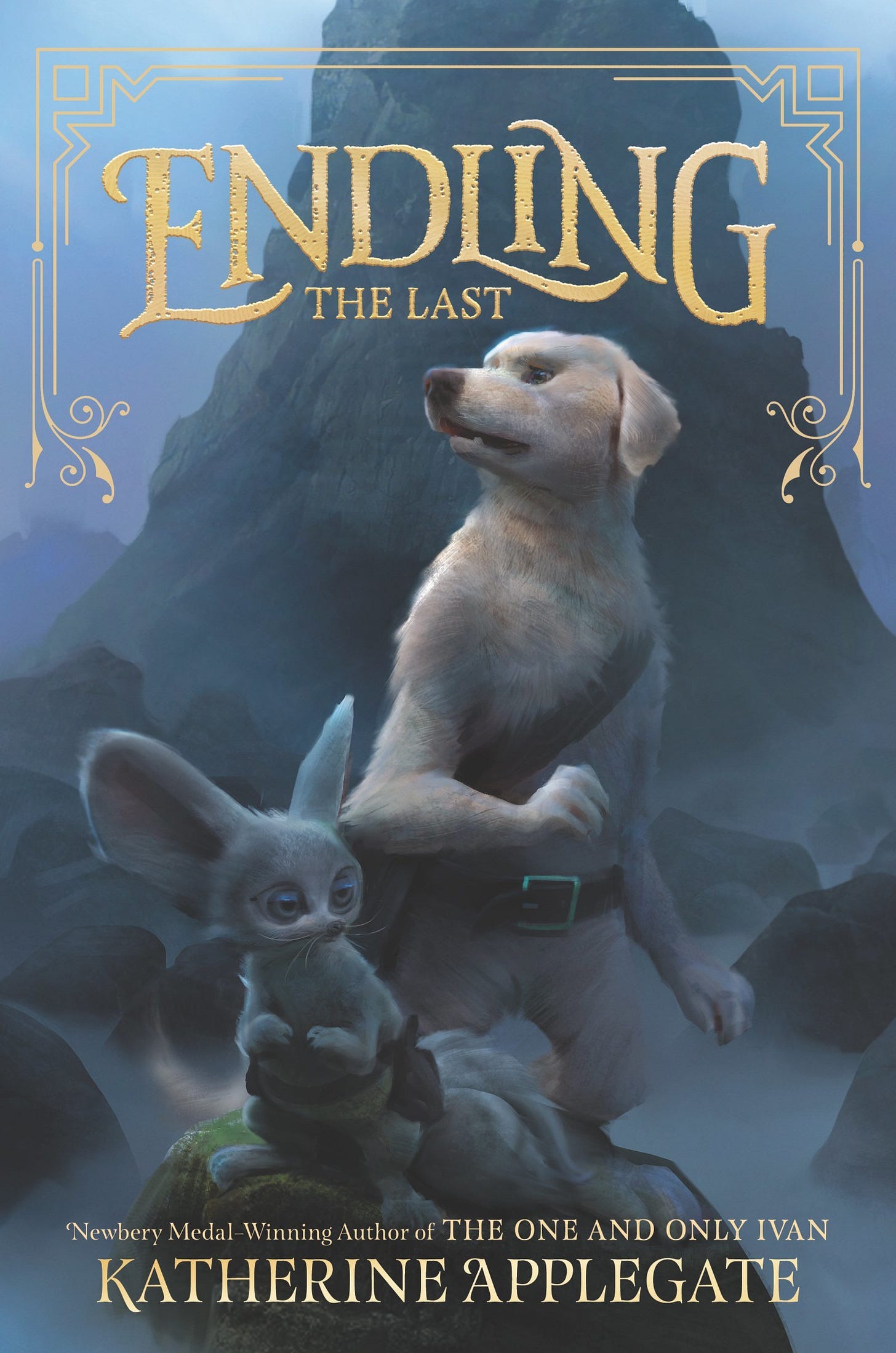Hello again! Ready to talk books? Me, too…
But first, choosing five favorites from the list of fifty brought a few questions to light:
How does genre factor into a book’s overall impact?
Can we even compare children’s books with adult?
Is a middle grade novel, for example, inevitably “simpler” than, say, literary fiction?
Perhaps some would argue yes to the third one. Perhaps some might even claim entire genres are “inferior,” but I disagree, and here’s why.
If you think about it, all art has parameters, the structure within (or upon) which it’s built. The painting requires a canvas and paint. Music, even the wackiest jazz lacking a chorus or bridge, is built on beats and notes. And I agree that stories that regurgitate the same tropes, fall back on stereotypical characters, or use cliche, don’t dig into my soul as deeply as those that don’t. But that’s true in all genres. And genre, like any medium, can be used as that base to build something brilliant.
I once had a college professor ponder aloud whether all fantasy was, by nature, cliche, because… you know, dragons have “been done.” I didn’t speak up that day—not even to defend the poor girl who’s story he was ripping apart—but now I know how I’d counter: genre is just the ground. It’s what you build upon that soil that matters.
Besides, there’s a reason people love retellings. It’s not like real life doesn’t repeat. Do we honestly think what’s happening in the U.S. today is separable from the history that got us here? The exclusion of others is not new. The manipulated emotions are not new. The power dynamics are not new. THIS STORY IS NOT NEW. But like in fiction, we can try to create something within, through, and out from it.
Okay, okay. Before I stray too far into our non-fiction state of things, let’s dive into my favorite novel from 2024.
The Endling by Katherine Applegate was, in my opinion, a masterpiece.
This middle grade fantasy series ignited my imagination and heart, dealing with devastating themes like genocide, discrimination, ecological crisis, and government corruption in a palatable way for children. (Tall order but profoundly executed).
Look at this quote from book two of the series, Endling: The First, for example:
“It’s just so complicated,” Tobble said. “Nothing is black and white. It’s all shades of gray.”
Khara spoke for the first time. “You are right. But don’t let the complications stop you from taking a stand, Tobble. When you know in your soul that something is evil, you must fight it. But you fight with honor. With mercy. With fairness.”
― Katherine Applegate, The First
These few lines of dialogue highlight the angst of choosing well in a murky moral situation. Her lovable, flawed and very relatable characters must navigate both complexity and risk. None of the world’s harshness is softened or dumbed down, but as reader, we’re carried through on that honor, mercy and fairness…and, I would argue, come out better for it on the other side.
I won’t spoil anything but believe everyone should real all three books, readers young and old alike. I cried, I laughed, I loved, and I learned. And, most of all, I came out feeling perhaps closer to clarity on what I can and must do to fight evil in our own world.
PS. If anyone else has read these, please share! For that matter, feel free to share your own thoughts any of the ideas above by commenting below.






I love your dive into MG specifically! Last year I read the Aru Shah series and I think Chokshi also does this brilliantly. Aru's world is not watered down, and we get to see that the stories told by the victors can make monsters out of victims. We watch as a young girl has to navigate the incredibly gray world and have to make enormous decisions, much as you mention Applegate does. I have read a great many YA and adult books which do not hit nearly as many poignant notes as that series did.
I also agree with your take on genre being a springboard. Like any art, the medium is only PART of what makes the art. I have a lot of feelings about the literary vs commercial/genre arguments. I don't believe that the medium (genre, type of paint, material) makes anything inherently less "art". Nor do I think that it being easier to consume (i.e., not literary, which is meant to be more "work" to enjoy) makes anything less "art".
At the end of the day, the art is what we build on that foundation. It's how we mix the paints, the brushstrokes we use, the way we pour our feelings into the art. Or, as Sanderson recently said in his 2025 lectures - YOU are the art; the growth you experience during the creative process, the skills you develop, the person you are as you wend your way through creation.
Ultimately, art is, at its core, individual. That's the whole point. We can share in communal enrichment of the arts, but when it comes down to it, our own consumption of art is deeply personal. So, when dealing with things at an individual level, how could we ever believe that any one art is more "art" than another?